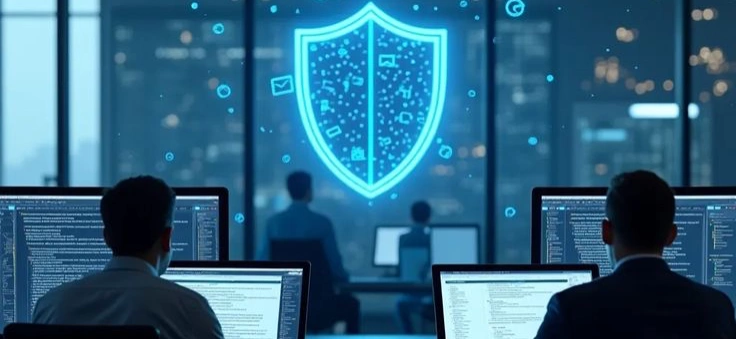Digital Identity — Who Are We Beyond the Profile?
Profiles, accounts, avatars, bios, stories — our digital identity has become an extension of who we are. We live online almost constantly, sharing our thoughts, showcasing our lives, presenting carefully crafted versions of ourselves to the world. Social platforms encourage us to be visible, polished, interesting, and engaged. But as we do that, a deeper question quietly emerges: Who are we when the screen goes dark?
Our online self is a version of the truth — but not always the full truth. We filter what we show. We choose flattering angles, clever captions, emotionally safe disclosures. We’re not necessarily lying — we’re editing. Curating. Trying to control perception in a world that constantly asks us to be both authentic and optimized.

Sometimes, we spend so much time managing the digital version of ourselves that we lose contact with the person underneath. The version with doubts, awkward moments, contradictions, pauses. The version that isn’t always clear, entertaining, or productive. Gradually, the boundary between our real self and our digital presence begins to blur. We start to seek validation from outside, measuring our worth in likes, follows, shares, and reach.
But what happens when no one’s watching?
Many of us don’t know how to answer that — because our sense of self has become so intertwined with how we’re perceived. And this can quietly shape our mental health, our confidence, and even our behavior offline. We may begin to act like our profile, rather than our full, complex selves. We might hesitate to show vulnerability, change direction, or even rest — because it doesn’t “fit the brand.”
This doesn’t mean social media is inherently harmful. Digital identity can be empowering, expressive, and connective. It allows people to tell their stories, build communities, challenge norms. But when digital performance overshadows lived experience, we risk becoming disconnected from our inner compass.
Reclaiming the self beyond the screen is now a crucial digital skill. It means asking:– What do I value when no one is watching?– How do I define myself without content, status, or approval?– Can I be alone without feeling invisible?
It also means allowing for quiet moments, for unshared memories, for personal rituals that don’t need to be posted. It means building confidence that isn’t dependent on algorithms. It means remembering that your worth is not calculated by impressions, but felt in presence — with yourself, and with the people in your offline world.

In the age of endless sharing, true freedom may lie in what you choose not to post. In what you keep for yourself. In returning, again and again, to the version of you that doesn’t need an audience to be real.
Close